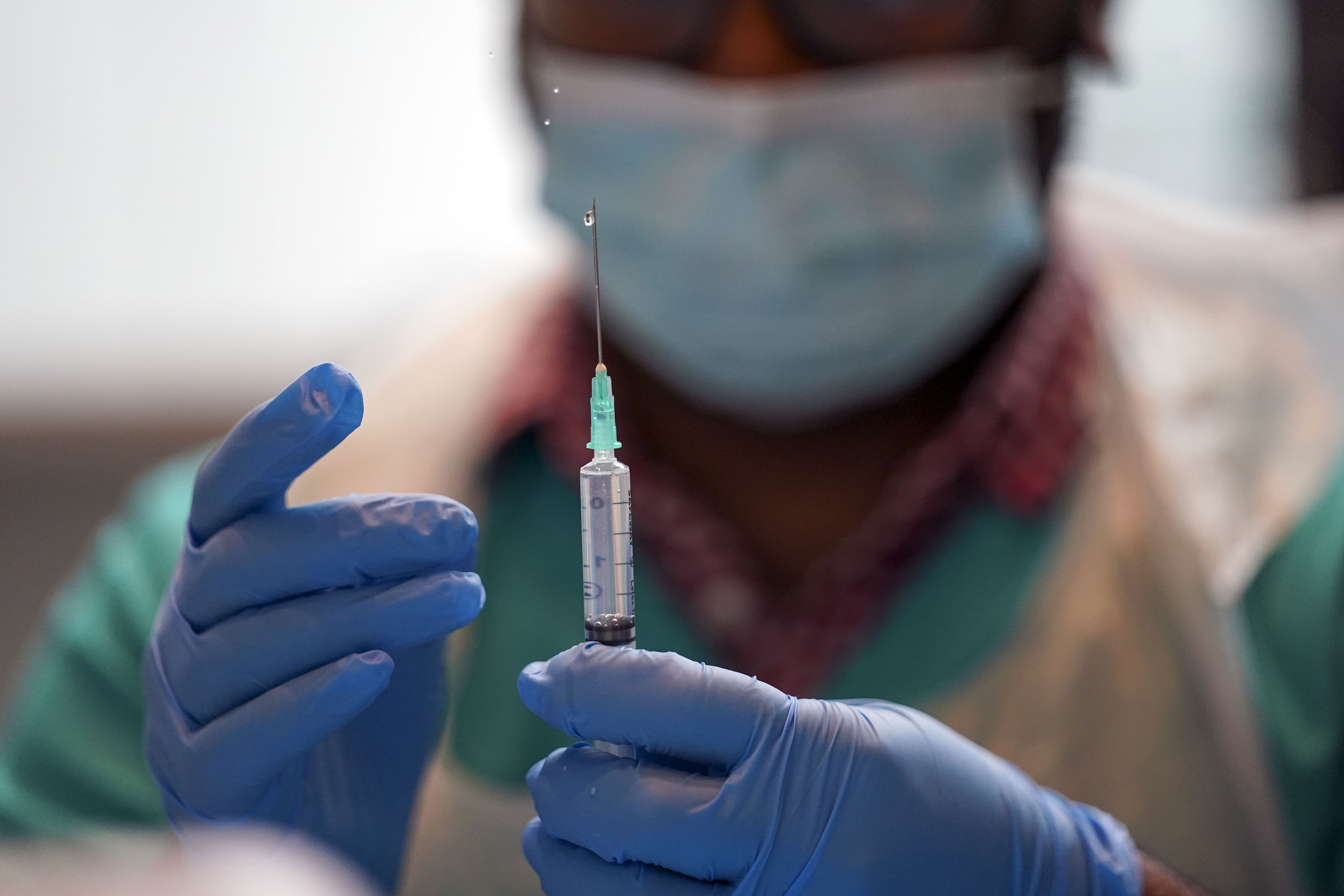Covid-19 boosters to be expanded to over-18s in Scotland from next week
Over-30s will be able to book appointments from Monday, with jabs being extended to 18-29-year-olds in the following days.

Covid-19 booster vaccines are to be made available to people aged 18-39 in Scotland from next week.
Over-30s will be able to book appointments from Monday, with jabs being extended to 18-29-year-olds in the following days.
Health Secretary Humza Yousaf said: “We are working with health boards to maximise vaccination capacity and we’ll explore all options to accelerate the vaccination programme as quickly and safely as we possibly can.
“One of the most important things we can all do to protect ourselves and others from Covid-19 is to get our vaccinations and boosters when eligible.”
He added that Scotland has the highest vaccination rate of UK nations for first, second and third doses and urged people to test regularly before socialising due to the emergence of the Omicron variant.
He said more details would follow on boosters for 18-29-year-olds, adding that the jabs can only be given from 12 weeks after a second dose of a coronavirus vaccine.
First Minister Nicola Sturgeon added on Twitter: “Appointments will open later in week for 18-29 year olds – date to follow shortly.
“If you are in older age groups and haven’t yet had booster, please also book now.”
The move follows a decision by the UK Government to make the jabs available to those in the 30-39 age range in England from Monday.
Ms Sturgeon previously warned that Scotland faces a “tsunami” of coronavirus cases due to the Omicron variant.
The latest statistics show 38 more Omicron cases have been confirmed in Scotland, taking the total to 159.
There were 4,002 coronavirus cases in total reported in the last 24 hours, with no new deaths.
In the space of a week Omicron has changed from being 2% of cases in Scotland to yesterday 18%
Speaking on the BBC’s The Sunday Show, Deputy First Minister John Swinney said the variant is “frankly galloping its way into Scotland and circulating around our communities”.
He said the Scottish Government was looking at the expansion of vaccine passports and other restrictions, but stressed new measures should be “proportionate”.
The cabinet is due to meet on Tuesday morning ahead of a coronavirus statement from Ms Sturgeon in the Scottish Parliament in the afternoon.
Mr Swinney added: “The problem we have got here, and the First Minister made this point on Friday in her media briefing, is even if there is a small level of hospitalisation of a very, very big number of infections in our society, that will overwhelm our national health service.
“In the space of a week Omicron has changed from being 2% of the cases in Scotland to yesterday 18% of the cases.
“So the doubling rate is about just over two days and that compares to earlier variants of the virus which were closer to 14 days.”
Opposition parties have warned of the threat to pubs, cafes and other hospitality businesses from new restrictions.
Scottish Labour’s health spokeswoman Jackie Baillie said: “Businesses up and down the country aren’t just dreading the effects of the new variant – they are already feeling them.
“The latest advice is leading to parties being cancelled and bookings plummeting, but the hospitality industry is being left high and dry.”
On Sunday, Scotland’s chief medical officer Gregor Smith joined his counterparts in England, Wales and Northern Ireland in recommending an increase in the UK Covid alert level from Level 3 to 4.
In a joint statement, they said the emergence of Omicron “adds additional and rapidly increasing risk to the public and healthcare services”.
They added: “Early evidence shows that Omicron is spreading much faster than Delta and that vaccine protection against symptomatic disease from Omicron is reduced.
“Data on severity will become clearer over the coming weeks but hospitalisations from Omicron are already occurring and these are likely to increase rapidly.”
Bookmark popover
Removed from bookmarks